Growing Up with Domestic Abuse – Powerful Stories From Women Impacted as Children
Lifestyle
|
Oct 23, 2019
|
7 MIN READ
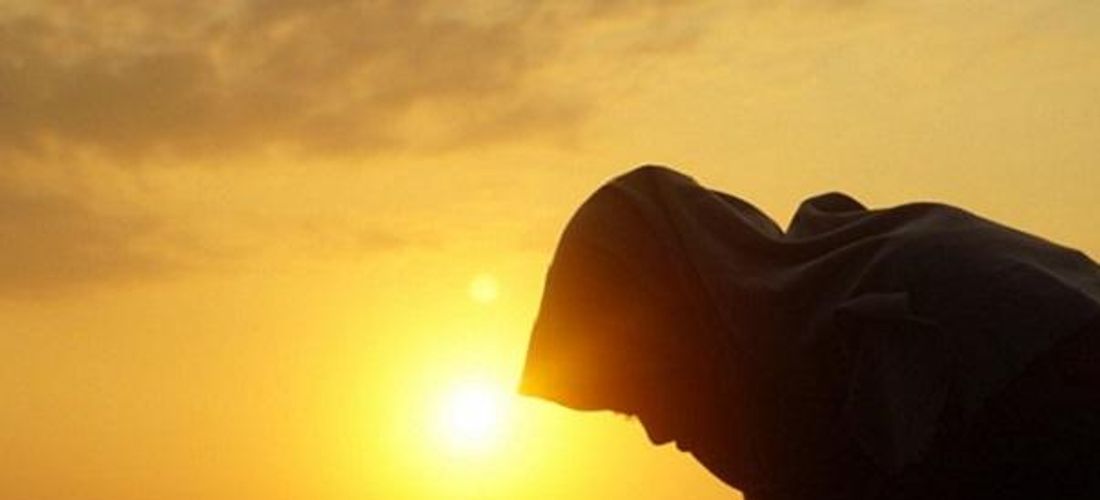
TRIGGER WARNING: This post contains content related to domestic violence. There are NO graphic images.
By Nargis Rahman
Asma Chowdhury,* a mother of two children, recalls her first childhood memory as being stuffed into a closet by her oldest sister, who then went to investigate the noise around them. Asma and her sister heard screams outside the door.
According to Domestic Violence Roundtable, second-hand witnessing abuse has detrimental effects on children. Some children face psychological, physical or emotional abuse (defined as neglect) that stems from living in a home with domestic violence. Younger children may have night terrors, act out and display aggressive behavior, while all children in these situations may have anxiety, depression and feel responsible for the abuse or lack of preventing it. Children may also have headaches, stomach cramps, seek out risky behaviors or even become suicidal.
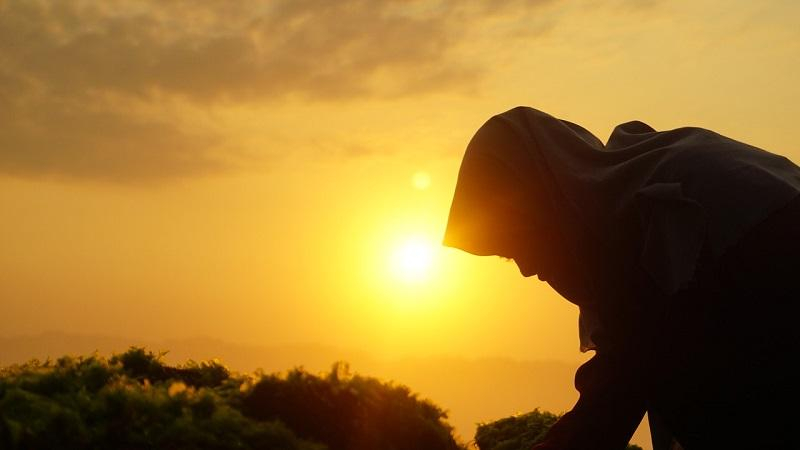
October is Domestic Violence Awareness month, and we’re sharing stories of adult children who faced childhood domestic violence (CDV). According to UNICEF, as many as “ ... 275 million children worldwide become caught in the crossfire of domestic violence (yearly) and suffer the full consequences of a turbulent home life. Violence against children involves physical and psychological abuse and injury, neglect or negligent treatment, exploitation and sexual abuse. The perpetrators may include parents and other close family members.
This trickles down to children impacted by domestic violence either directly or indirectly. According to the National Domestic Violence Hotline, “A child witnessed violence in nearly 1 in 4 of all intimate partner violence cases filed in state courts.”
“I remember blood curdling screams, I must’ve cried to sleep or fainted, but a lot of what happened is blank,” says Asma in talking about her first childhood memory. “When I got out of the closet I found a pool of blood on the kitchen floor, blood smears on the refrigerator, down the hallway, and everyone was gone.
“My mom left my father shortly after that. At the time what I didn’t know was that she was five months pregnant with my younger sister.” Asma’s mother was taken to the hospital, and her father was arrested.
As adults who lived with domestic violence as children, the most dangerous consequence is repeating the cycle of abuse – either as perpetrators (boys who see their father abuse their mothers or girls who see their mother abuse their father) or witnesses, who later are at risk to become victims of abuse.
Rabab Alma is a licensed marriage and family therapist. She says many immigrant families grew up with domestic violence and used physical and emotional violence as tools to discipline their kids. “[The children who come out of these homes] are tougher [as adults]. They have experienced a lot. When it comes to men, they express with anger and aggression. Women tend to have trouble with relationships," she says. "Women are (also) stuck with partners who are unavailable or use violence and have anger issues themselves. She wants to make things better for him [while] neglecting herself and what she needs.”
Rabab says childhood traumas often develop into PTSD, depression, anxiety, irritability, the inability to be patient and repeating a lifestyle lived as child without understanding why.
For example, Rabab said children who grew up in violent homes often times do not have visitors and therefore become isolated from society. As adults they similarly don’t socialize and may put themselves in situations to repeat abuse. They may not realize this is an internal process, which repeats a cycle.
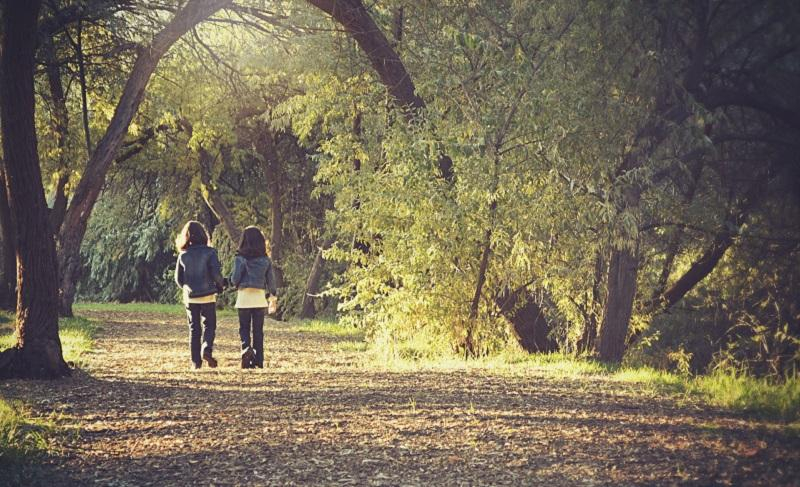
Impacts of Abuse
Asma’s memory of her bloodied home still haunts her in adulthood. She describes her childhood as one that was void of love, filled with confusion (due to role reversal) and having to look out for her mother as well as looking for love in the wrong places. She felt angry in her teenage years, seeking answers to “why?” Now as an adult and parent, she struggles with anxiety and depression.
Asma said she needed security and safety as a child. “I was emotionally abused. Undoubtedly my mother’s life was hard, but she never took that on herself to make things better. From a very young age, your brain is molded in a way you feel responsible for the abuse. You also feel helpless. You’re always just scared.”
Asma is not alone in witnessing domestic violence as a child. Kulsum Begum* was only three years old when her parents divorced. As an adult, she later learned she was the one who alerted a relative to the ongoing abuse at home, which ultimately tore their family apart. Her mother moved back in with her parents.
Kulsum grew up in a loving home with her grandparents. “Growing up I never felt different or that my life was different. It was a norm for me because I grew up without my father, and I didn’t know the extent of why until much later in my life.” She says she does not have a relationship with her father.
Kulsum recently got married. However, she has a hard time trusting men. “As a result [of the abuse I witnessed as a child] I think I was always wary of men growing up. I stayed clear of any relationships. I just didn’t trust men period.” Although, she says, her grandfather and uncles provided a safe nurturing environment.
To Break the Cycle
Muslim communities are often told to go to family to resolve conflicts prior to seeking external help. Rabab says for victims of abuse or childhood trauma, going to therapy first will provide a professional opinion rather than going back to “the same system that produced the same issue.”
However, Rabab says it’s important to talk to “seek a different input [from a therapist] ...who doesn't have personal interests [but has] a professional input.”
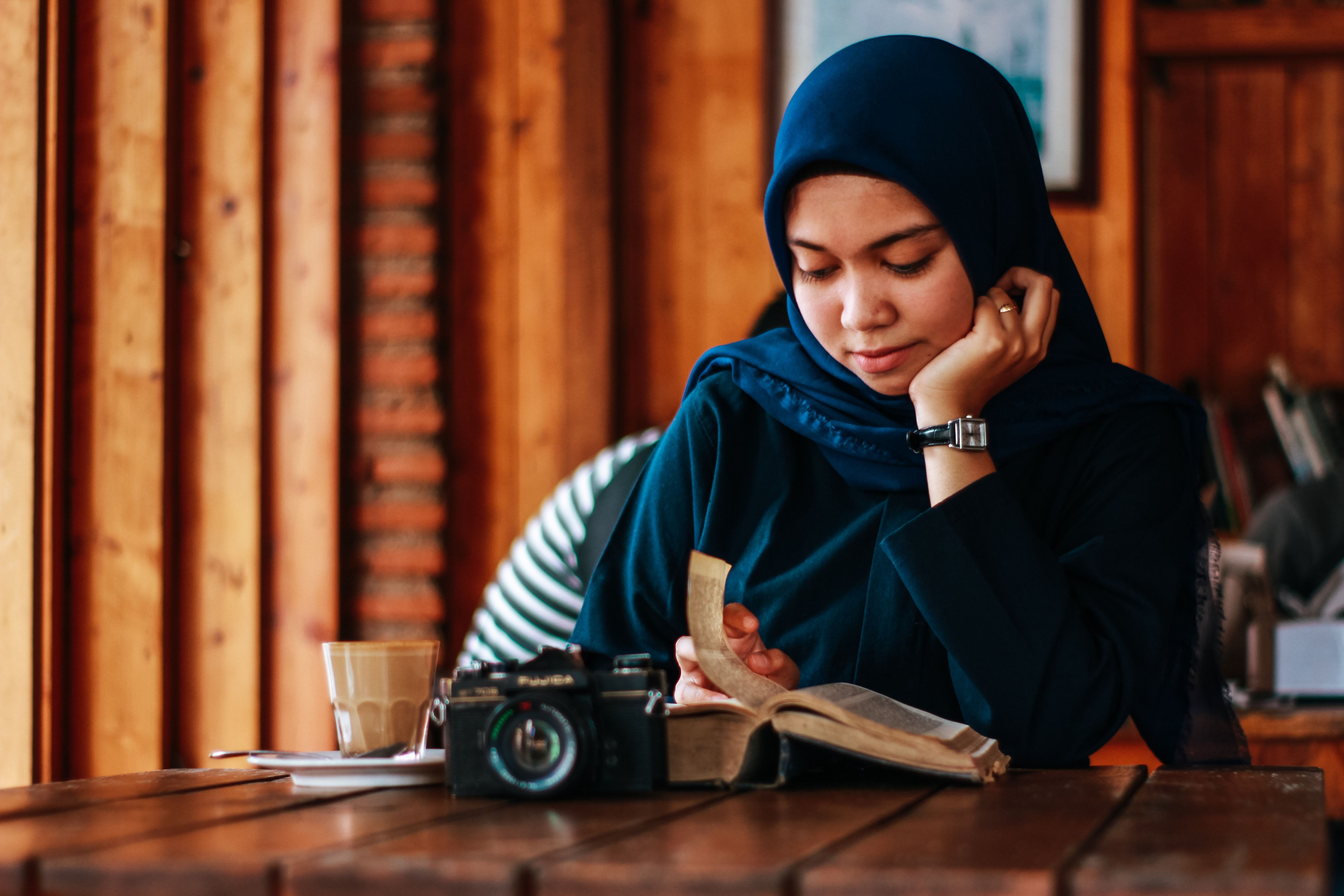
Rabab adds that simply making a decision to break the cycle does not always work. You have to examine the patterns and figure out how to break them. In many instances of domestic violence, people do not realize they are or were victims themselves as children. Rabab says people may know deep down something is wrong but may not understand what that is, such as trying to resolve conflicts and feeling stuck or that the methods are not working, or feeling anxious or depressed with no real reason.
“When we see us repeating a pattern that is not working for us, there is a reason for the pattern.” she says.
For children of abuse who become parents, Rabab describes parenting children to be prefaced by relearning how to parent yourself as a child. Following in your own parents’ footsteps can perpetuate transgenerational cycles of abuse. This is followed either by familiarity, loyalty to parents or culture.
An example is raising boys who feel entitled to being cared for by women and women who put everyone above themselves, leading to unfulfilled lives and co-dependent children who are incapable of taking care of themselves even in dire situations, such as the death of their parents, she says.
The Power of Forgiveness
Asma says part of her healing was letting go and forgiving her father because she was tired of holding onto the anger. “I remember I was praying, and I made du'a [because] I was tired of holding onto the anger. I forgave him. I felt a weight lift off, and I understood that forgiveness is not for the abuser. It’s for me.”
Her father passed away in April. “My dad had a lot of regret towards the end of his life for not being able to provide for us. He left a lot of good advice for his grand kids and had a meaningful relationship with them. For that I’m thankful,” she says.
Asma encourages children who went through trauma to go to counseling. Because she always felt responsible for saving her mother, she also had a strained relationship with her, which she is working to rebuild through therapy.
“What happened to me doesn’t define me,” she says.
Kulsum says her mother struggled with the stigmas of being a single mother. “I feel like my mom wasn’t really present for some of my childhood because she was severely depressed from her divorce, especially since in our culture. It’s pretty devastating.”
“My mom and I had a lot of ups and downs in our relationship. Lot of things I didn’t understand and still don’t, because she suffered a lot. She has survived a lot, and I can’t really understand that. But, my mom is the only person who has been with me my whole life, and for that I’m always indebted to her,” she says.
Asma and Kulsum are both hopeful that they will not repeat the lessons from history.
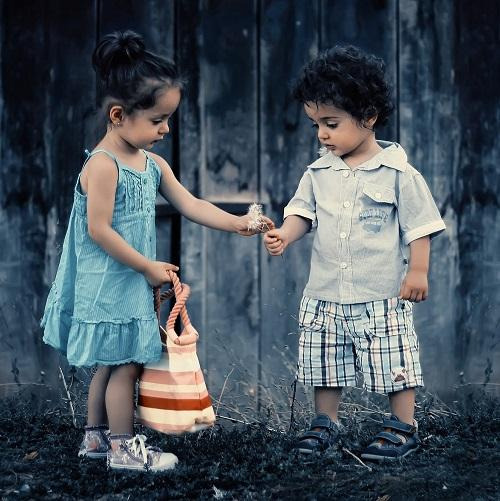
“I overcompensate by always being there for my kids,” says Asma. My kids see me smile and laugh, they see me go to work and trying to serve the community through my work. They see me pursuing my hobbies, and I think it’s important for my kids to know they are not responsible for my happiness.” She also struggles with feeling empathy and teaching empathy to her children because of the emotional abuse she endured and what she witnessed as a child.
"I’ve had a panic attack trying to care for a premature infant, thinking I’m not good enough or that I’m lacking in some way as a parent," she says. "The trigger was that I was a four year old again and responsible for my mom's life. But I’m a grown woman. I’m not helpless, and I’m a mother who will do anything for this baby. But your brain is wired to think otherwise."
Asma wishes more adults cared and didn’t devalue women by telling them to stay with the guy for the sake of the children. “Like just because you are a man, you have value. Just because you’re old or the 'elderly,' I should be obedient to you. [The real truth is that] you are only a man if you have proved to be a man with your words and actions. An elder person should earn your respect and trust.”
Asma says she is trying to be a better mother to her children. “I strive to be the adult I needed as a child.”
The important thing, Kulsum says, is to learn from the mistakes of one’s parents. “[We shouldn’t] take it to heart that we will face the same fate. I think we let our parents shortcomings scare us into becoming fearful for no reason.”
* Asma Chowdhury's name was changed to protect her privacy. Disclosure: She also the cousin of the author of this piece.* Kulsum Begum’s name was changed to protect her privacy.
All images are sourced from Pixabay.com.
Subscribe to be the first to know about new product releases, styling ideas and more.
What products are you interested in?

